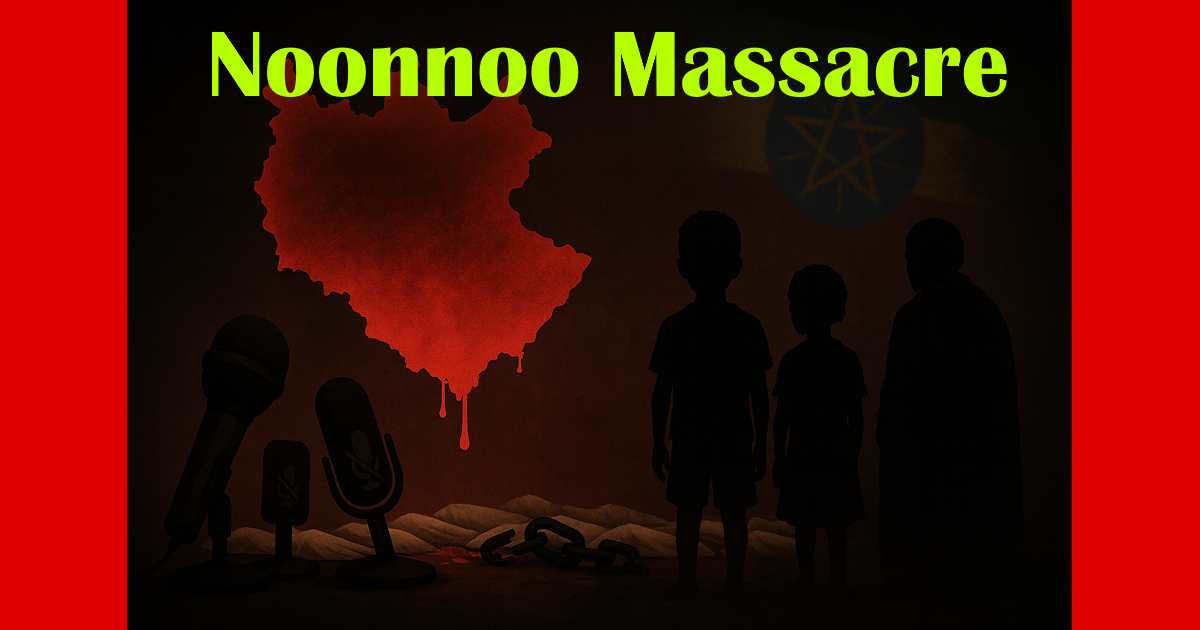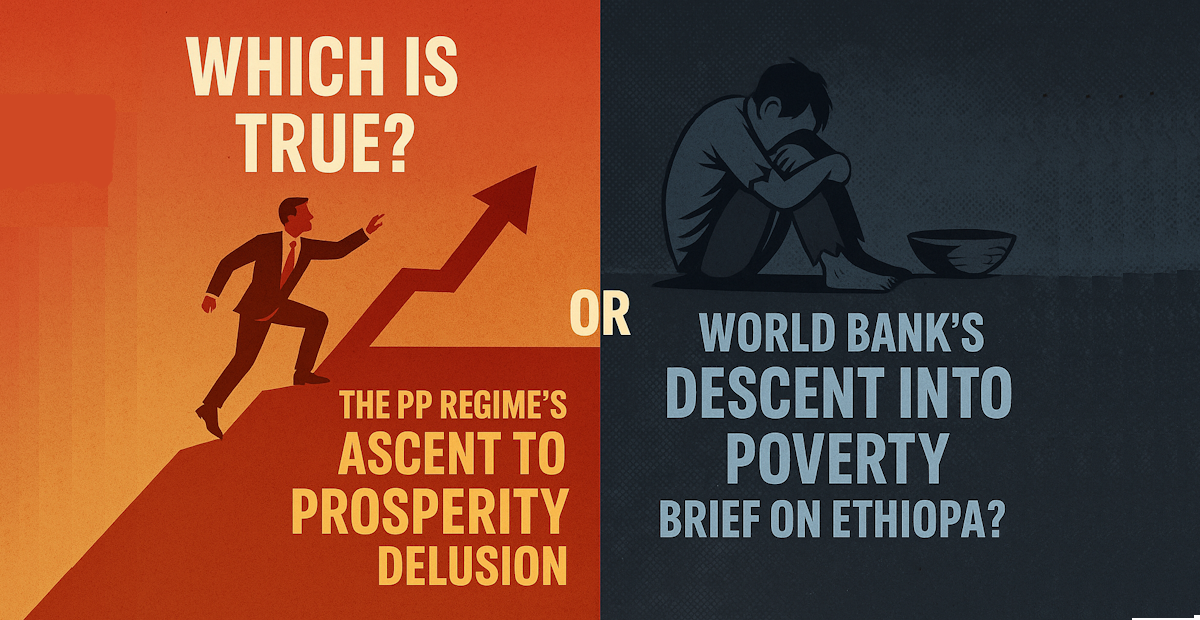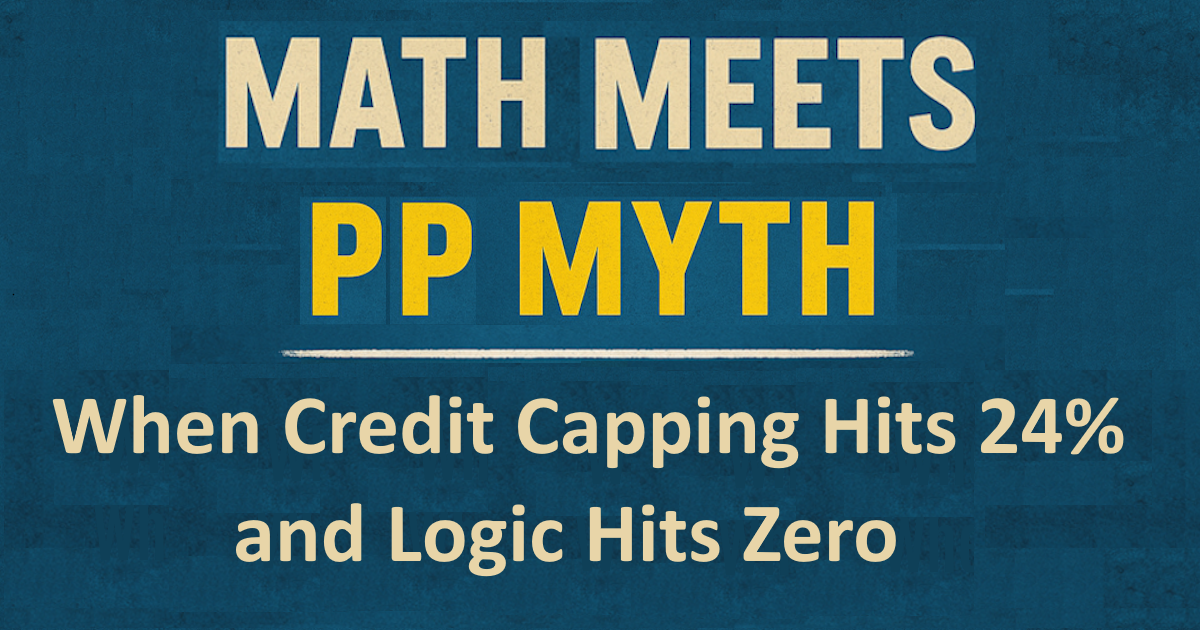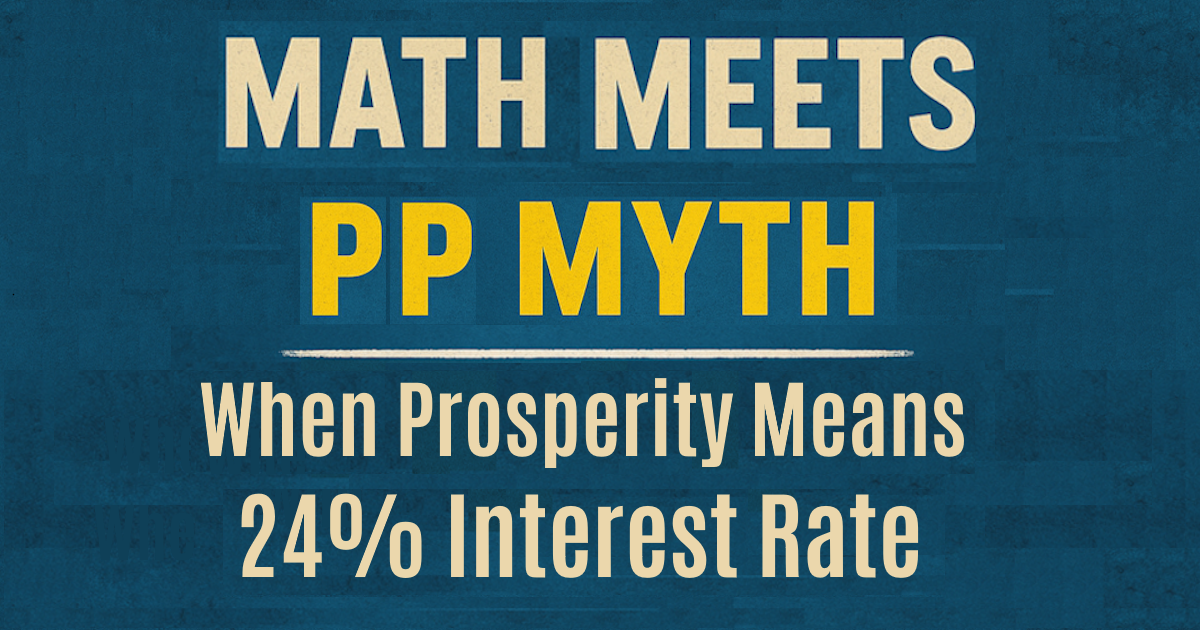Assert Your Rights – Stand Tall or Be Trampled The Power of Posture in Politics, Society, and the Mind
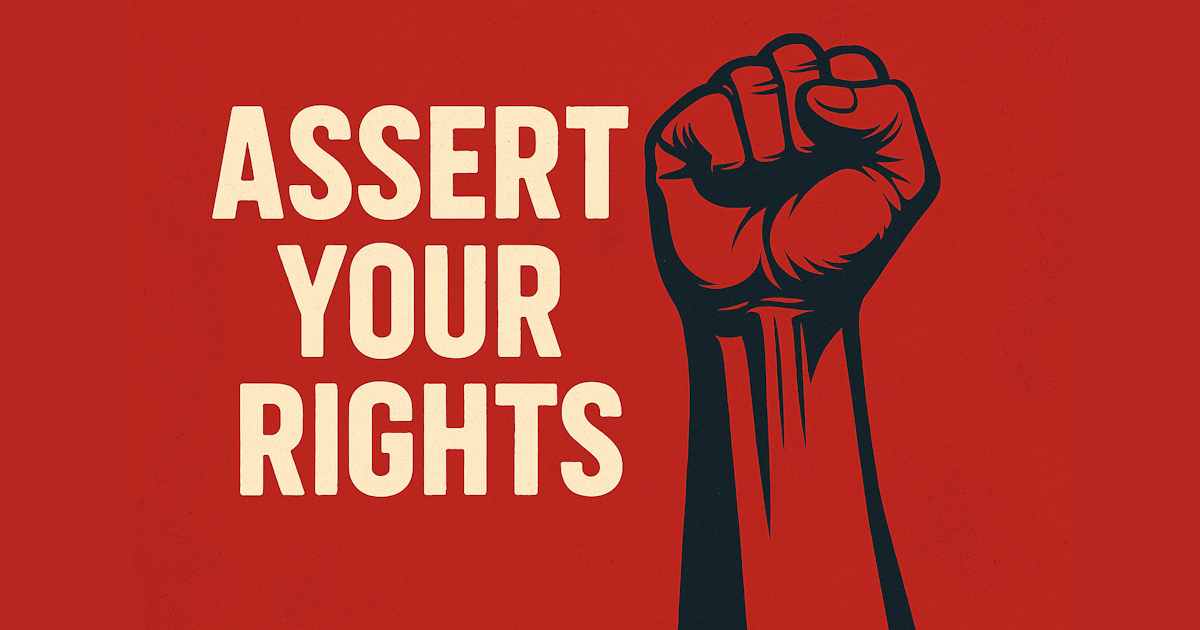
Excerpt:
You were not born to be bowed. You were born to rise. In politics, society, and your own mind—never let anyone write your story in your silence. Assert your rights boldly, for the dignity of your people and the clarity of your truth.
Assert Your Rights
“Your opponents ride you when you bow down. They take you for a ride. But they back off when you stand up—when you assert your rights.”
This truth applies universally—but hits home more sharply for those who have lived under marginalization, distortion, and denial. Whether in the halls of power or in everyday interactions, your posture is never neutral. It signals either strength or surrender. And in a world still ruled by hierarchies—of race, history, geography, and power—how you carry yourself determines how others carry you.
I. Political Context: Power Respects Power
Politics has always been shaped not just by who holds truth, but by who dares to declare it. Too often, those with a just cause lose ground not for lack of right, but for lack of assertion. When political actors or liberation movements hesitate, water down their positions, or bow prematurely to dominant forces, they invite irrelevance.
History rewards those who stand their ground. The oppressed are not recognized by virtue of suffering but by the clarity of their resistance. Assertion is not arrogance—it is the currency of political negotiation. When withheld, even the most righteous movements risk being recast as minor footnotes by those who write history. To shift this tide, you must stand and assert your rights with unwavering clarity.
II. Social Context: Visibility or Erasure
In social life, the rule remains the same. Communities that fail to assert their identity, history, and grievances are not admired for their humility—they are simply forgotten. In societies built on dominance and control, silence is interpreted as consent, and erasure proceeds with little resistance.
Self-assertion, particularly by historically marginalized peoples, is often met with discomfort or hostility. But that discomfort is proof of its power. Whether through art, education, or public narrative, the act of claiming space disrupts entrenched hierarchies and opens the door for structural change.
Let it be clear: social respect is claimed, not gifted. Those who stand, get seen. Those who bow, disappear. If you want dignity, assert your rights—loudly, proudly, and persistently.
III. Psychological Context: Inner Freedom Begins with Assertion
On the personal level, this truth lives in the mind. People who consistently defer, apologize, and shrink themselves develop a psychological posture of passivity. Over time, this morphs into learned helplessness, making it harder to escape cycles of subjugation.
But every act of standing up—saying no, setting boundaries, telling the truth—reverses this pattern. It builds a feedback loop of agency: you assert, you are acknowledged, and your sense of worth grows. In contrast, habitual silence and self-doubt feed the belief that you are not entitled to be heard.
Liberation starts inside the mind. It is not merely about external circumstances—it is about believing you deserve to stand. And it begins the moment you assert your rights to exist, speak, and lead.
IV. Grounding the Moral in Oromo Reality
The moral of this posture politics must land where it matters: with those who’ve been made to bow for too long.
To Oromo scholars, politicians (the real ones!), activists, and media voices: this is not flattery, nor patronising advice—it’s an urgent call for posture and clarity.
Do not be apologetic for speaking truths. You do not serve anyone by walking on rhetorical eggshells. When you hesitate to name historical injustices, systemic erasure, or identity theft, you give others permission to dismiss them too.
The spade remains a spade, whether you call it one or not. It keeps digging—into your rights, your history, your future.
As importantly, do not undersell what you have, and never undersell what you stand for. Assertive clarity does not mean exaggeration—it means refusing to let your cause be diluted by the comfort of your adversaries.
Too many Oromo voices have been made to internalize the idea that assertion is impolite, too strong, or too political. That is how systems survive. They don’t need to defeat you—they only need to make you doubt yourself.
Rise—without apology, without distortion. You are not asking for a favour. You are claiming what is already yours. Assert your rights, not as a plea but as a declaration.
Conclusion: You Are Not Meant to Be Ridden
If you don’t stand up, the world won’t notice you’ve been stepped on. And if you don’t assert your rights, your silence becomes the cement of your subjugation.
Let the record show: those who bow get ridden. Those who stand, get respected.
You were never meant to be ridden. You were born to rise. Assert your rights every step of the way.
While bowing down and standing up may appear as stark opposites, the reality is often shaped by subtler acts of compromise—word choices, symbols, and tones that quietly erode one’s stance. A slight rewording in a political manifesto, a softened tagline on a podcast, or the loss of a signature phrase by a public figure can signal more than adaptation—it can be interpreted as retreat. These seemingly minor shifts often have outsized effects, diluting the message and weakening resolve.
The same principle holds: do not settle for less. Guard your language, symbols, and posture with the same vigilance as your principles.
A case in point is the recent change in the longstanding signature tune of KMN Digital Media. Was the shift driven by marketing metrics or pressure from segments uncomfortable with KMN’s political posture?
Regardless of intent, the alteration sends a message. To many, it suggests retreat or recalibration—not innovation. This seemingly minor change has subtly but unmistakably dented KMN’s longstanding stature. In politics and media alike, symbols matter. And when long-held identifiers are diluted, so too is the message they once boldly carried.
The takeaway is clear: it’s not only outright bowing that signals submission. Even a slight notch down can register as a stark posture of weakness. So stand tall—without apology, without dilution, and never a notch back.
Selected References
- Murray Edelman, “The Symbolic Uses of Politics”, Wikipedia.
- Charlotte Nickerson, Symbolic Interactionism Theory & Examples, 3 March 2025, Simply Psychology.
- Overview of Assertiveness, Psychology Today.
- Amy Gutmann and Dennis Thompson, The Mindsets of Political Compromise, UPENN.
- Elemoo Qilxuu, ETHIOPIA WILL NEVER BE AT PEACE WITHOUT RESOLVING THE OROMO QUESTIONS, 2 December 2024, OROMIA TODAY.


